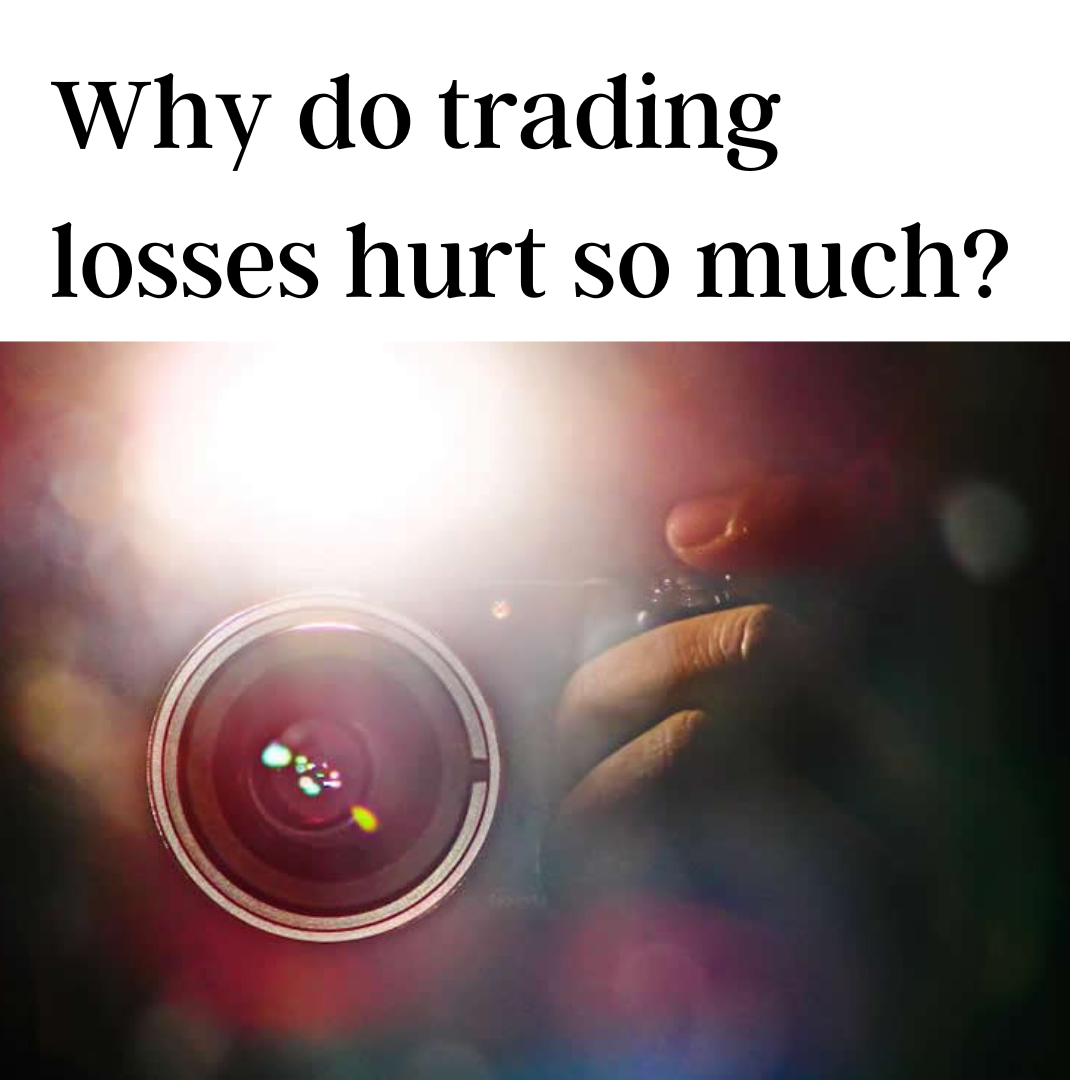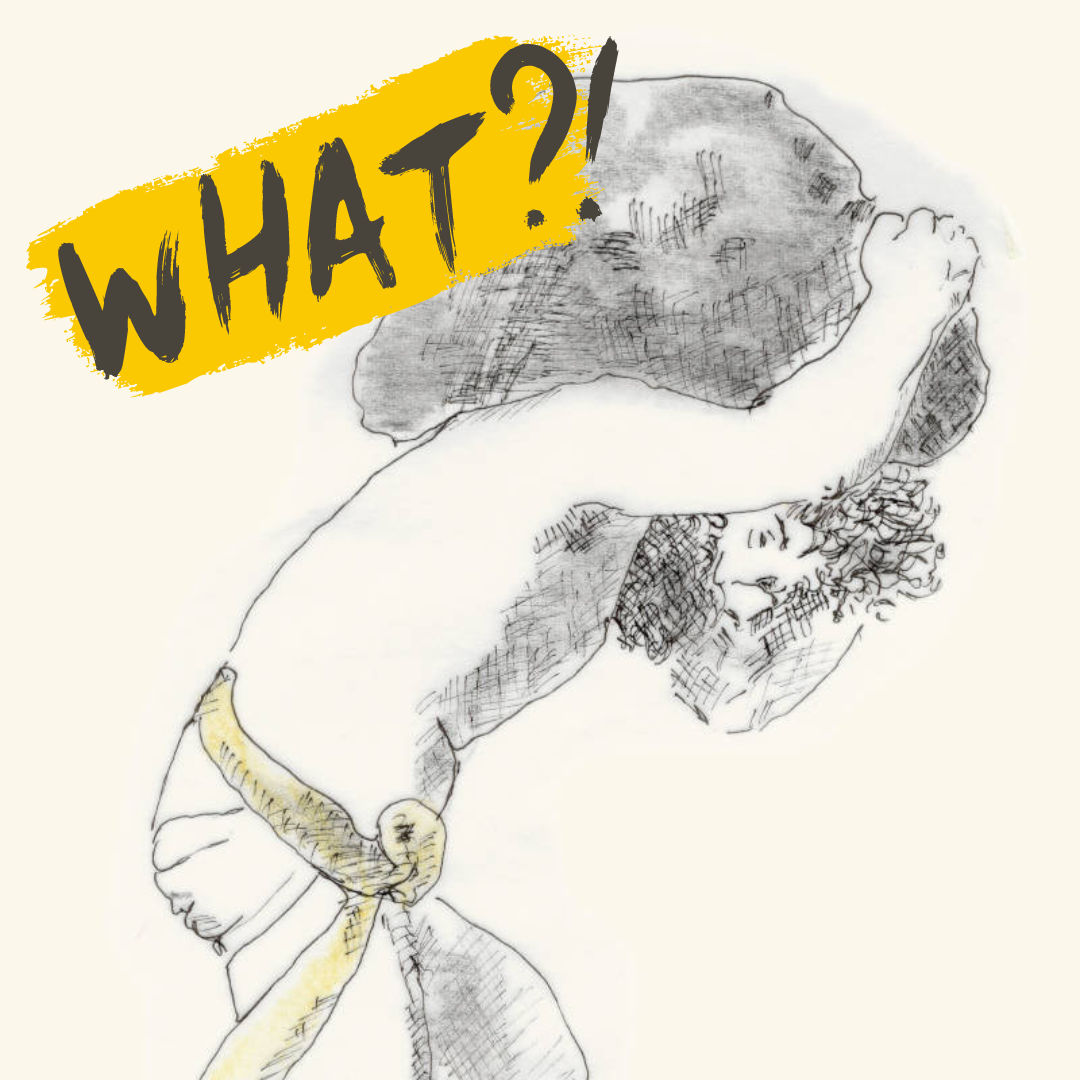
I Think, Therefore
21 June 2022
Dumb question. Trading loses hurt because you wanted more money,
21 June 2022
What are you afraid of?
What catastrophic imaginings have you in their grip at 4am?
What are you seeing that is so compelling you cannot go back to sleep?
“The catastrophe you fear will happen has, in fact, already happened.” – Winnicott, English psychoanalyst 1896-1971
Minds have strange capacities when it comes to time. I can wake up one minute before my alarm. Something in me must have been watching those seconds tick by through the night.
Continuing to exist requires excellent timing. Whenever I cross the road, my mind has to make a precise calculation: can I make it to the other side without getting hit by a car?
But when it comes to our own life stories, our personal narrative, our minds really lose the plot.
Minds convince us that we remember events quite clearly, but it’s mostly an illusion. They convince us that we remember not only what happened, but also the sequence in which it happened. This isn’t accurate either.
“Memory is something your brain does, not something you have. Memories, predictions, and simulations are all words for the same phenomenon.” – Lisa Feldman Barratt, neuroscientist, author and psychologist.
Memories are not like computer files. They are not a stored record of a moment in time which can be re-opened and read and then filed away again, unchanged. What we call ‘memory’ is created on the fly.
Feldman-Barratt’s work hints at the science behind Winnicott’s observation. Fears are predictions, but they are also memories. So, as Winnicott says, they’ve already happened.
You might say, ‘well, I fear death/old age/poverty and none of those has already happened. So they can’t be memories, they are fears of the future, not the past.’
“Tell me what you fear, and I will tell you what has happened to you.” – Winnicott
On a sensory, feeling level, what you fear has already happened. Most of us have been humiliated and isolated as children. Most have experienced powerlessness and zero capacity to act on our environment. Some have experience extreme violence and feeling of futility, shame and anger that goes with it.
Whatever future picture, it’s power to disturb lies in its emotional impact:
– If I am old sick, no one will be there to care for me, and I’ll be alone.
– I don’t want to go to the school reunion because I will feel ashamed.
– I cannot tell my family I’ve been fired because they will hate me, and they’ll be afraid and insecure
At their core, these are fears of death, but that might just be me …
Winnicott uses the word ‘catastrophe’. For a small child, humiliation, violence and rejection are catastrophic. If our caregiver hates us, we are going to die.
When in the grip of our 4am fears, it is helpful to know that whatever we’re terrorised by has already happened. In our current imaginings, the people and scenery look different, but what we fear is that which we have already experienced.
The good news is, we survived. Whatever it was, it’s over, done, completed and defeated –



